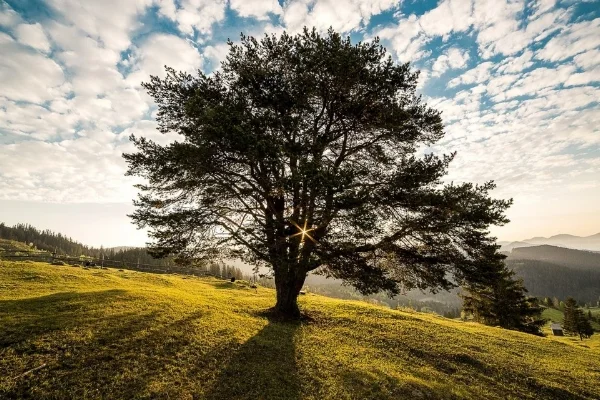
I am Joe Long, author of genealogy books and historical novels. I have researched my own family tree for over 40 years. I can provide tips and tricks on how you can get started, or how you can get past those troublesome “brick walls”. I also provide consulting on an hourly basis for those who need a little extra push or who are ready to publish their own book.
"I reached a brick wall in my family research and hired Joe to see what he could find. He was able to locate the parents of one of my ancestors and help me extend my line several generations. I would recommend his services to anyone!" C. Cypert
Featured Blog Posts
Establishing family relationships is a critical part of building a family tree. The further back in time one goes, the more difficult this becomes. Before 1790 there are very few census records and most do not list family members. However, there is one type of record that is common back to the earliest known records in Europe and the US.
Church records can offer a wealth of genealogical material about your ancestors. Most denominations kept some type of record of their members. Some included baptism, marriage and death information as well. Some records in Europe go back to the early 1500s. It is important to determine what records exist and where they can be found.
Federal and state census records provide some of the best source material for finding your ancestors. The federal census was taken every 10 years beginning in 1790. With each successive census, more information was collected. Between 1790 and 1840, only the head of the household was listed.
Land records can be a great way to locate your ancestor as they traveled across the US seeking better opportunities and freedom. The Federal government gave away or sold land at a discount to encourage settlement and commerce, especially in newly acquired territories such as the Louisiana Purchase.
One of the most exciting aspects of family tree research is publishing your results. You may be part of a family association that wants to create a more permanent record of family history, or maybe you found a copy of one of your ancestor’s diaries and want to preserve it for future generations.
If you have been researching your family tree for any length of time, you have hit a proverbial “brick wall.” There is no way to avoid them. The data and documentation just run out. The further back you travel in time, the worse it becomes.
Congratulations, you have decided to trace your family tree! This will be a long and rewarding hobby with lots of twists and turns. I have always compared genealogy to the world’s biggest puzzle. You don’t have all the pieces and you can never quite finish!







